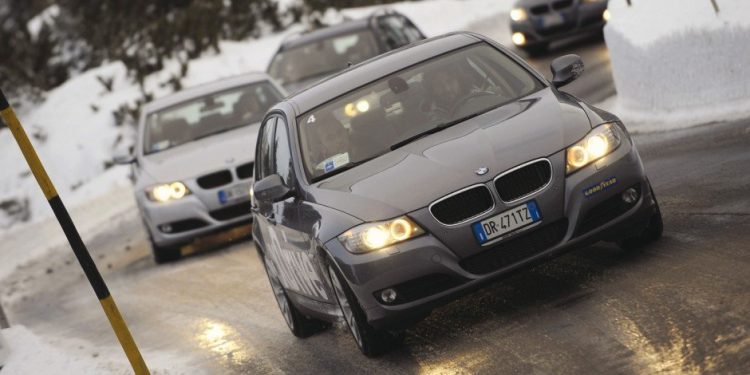BMW and VW cop billion-dollar fine over bizarre emissions ‘cartel’
It’s sometimes easy to forget that Volkswagen isn’t the only firm that’s been investigated and found guilty of using defeat devices to cheat European emissions tests, or otherwise trying to manipulate or gamify the emissions system.
A group of car makers comprising of Daimler, Porsche, Audi, and BMW were confirmed to be part of a ‘cartel’ (pun intended?) that colluded together to restrict the use of emissions cleaning technology that they had developed.
Yes, a cartel designed to hold the industry back from its own technologies.
It’s been alleged that the group of car makers deliberately restricted the cleanliness of their cars by delaying the implementation of technologies that would lower emissions between 2006 and 2014. One of these technologies was the introduction of AdBlue; an additive used to cleanse nitrogen oxide from the exhaust gases in diesel vehicles.
Due to how it tipped off authorities to the cartel, Daimler was let off without fine. Volkswagen Group (owners of Porsche and Audi) and BMW ended up being hit with European Commission fines totaling €875million ($1.49billion).
“The five car manufacturers Daimler, BMW, Volkswagen, Audi and Porsche possessed the technology to reduce harmful emissions beyond what was legally required under EU emission standards,” said Margrethe Vestager, the EU commission’s executive vice-president.
“So today’s decision is about how legitimate technical co-operation went wrong. And we do not tolerate it when companies collude. It is illegal under EU antitrust rules.”
Some pundits have criticised the fines for not being harsh enough. It’s worth noting that Volkswagen is nearing having US$40billion in fines over its separate (and, frankly, more comprehensive) ‘Dieselgate’ emissions cheating scandal.
“We have never had a cartel where the collusion was to restrict the use of a technical element,” said Vestager, explaining the severity (or lack of) in BMW and Volkswagen’s latest fines.
“It is fair that when we have a novel case on the one hand, the illegal behaviour is being fined, while at the same time recognising that it may have been more uncertain if or if not this was illegal.”





